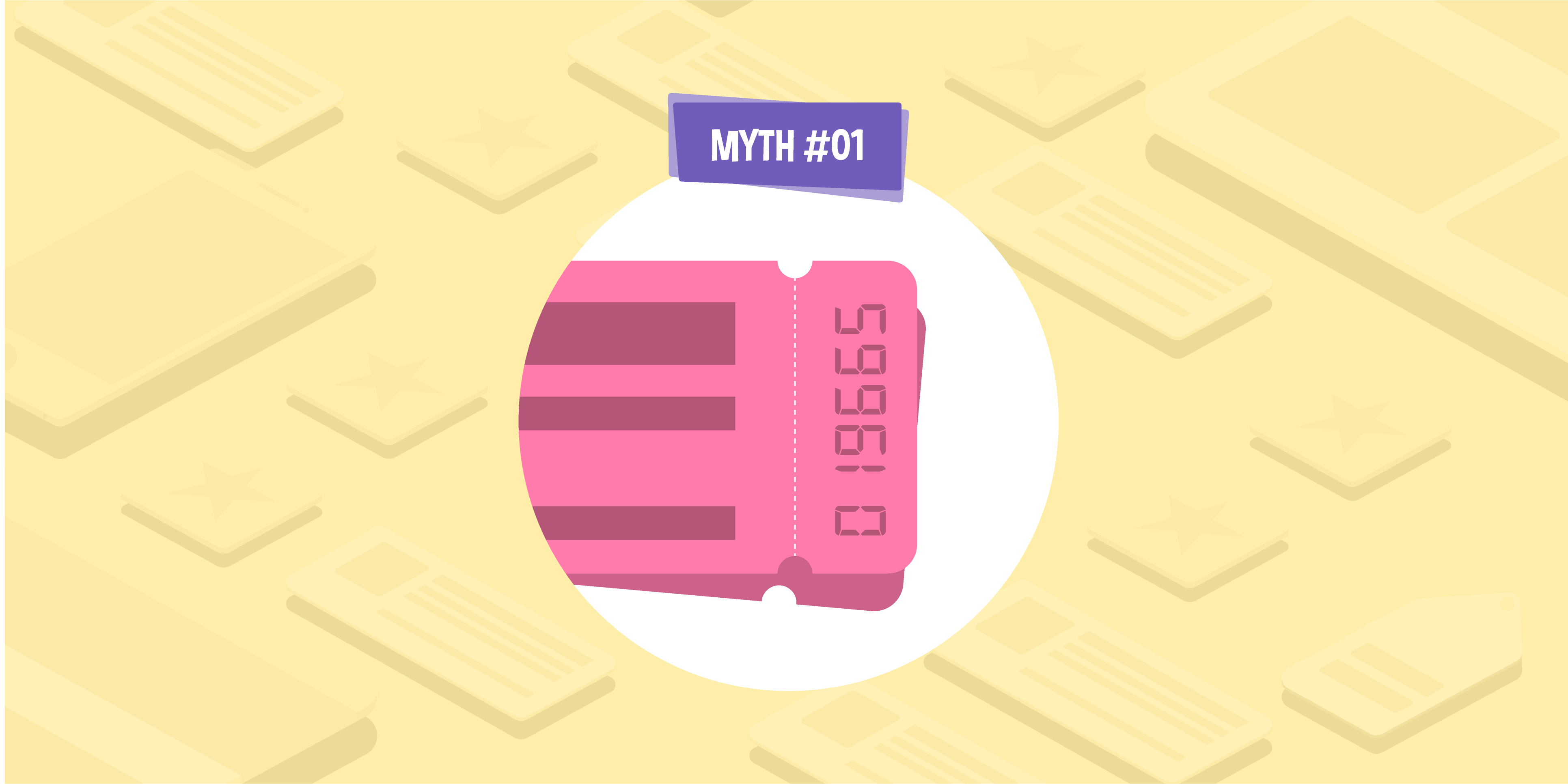
- 27 Nov 2015
- 4 Min read
Could Facebook Instant Articles kill your website?
Facebook is renowned for bringing you things you don’t need but will end up using anyway, so the introduction of its new ‘Instant Articles’, while impressive, is hardly surprising. This new integrated feature will allow users to quickly load an article inside the Facebook mobile app without waiting for an external app to side-load it. The Instant Article is decorated with ultra-high-resolution moving graphics and thick, smooth text. The process saves you around two seconds of waiting time, while the presentation entices you to read that article before you even know what it’s about.
Facebook is offering certain notable publishers the privilege of having their content loaded directly on the user’s news feed. This greatly increases its potential visibility and makes it much easier, and therefore more likely, to be liked or shared. It is also a more pleasant user experience, with the content available faster than ever and requiring less apps to access it.
Until now, smartphones have persistently faced problems with side-loading news articles from Facebook’s mobile app, with mobile web browsers not always loading quickly or being able to deal with the formatting of the author website. The problem is that because the Facebook app generally runs smoothly, any disruption to that is a shock for the user. Instant Articles eliminate this problem and are more satisfying to the user’s increasing demand for content-consumption.
Traffic jam
While this is great news for users and for Facebook, it may not be such good news for the author. There are concerns from online marketing experts that the Instant Article feature could completely kill all traffic heading to the author’s website from Facebook. By accessing the content inside of the app, there is no reason for the user to visit to the author’s website. Instead, it is more likely that the user will read the article and then continue browsing down their news feed. While this probably won’t cause much damage to the large websites already being offered the Instant Article feature (New York Times, BBC News, Buzzfeed), smaller websites who rely heavily on web traffic from Facebook could suffer a huge blow.
It is believed that after a successful trial period with large websites, it will then start being offered to others, who can choose to opt-in or not. This poses two issues: firstly whether the privilege will eventually be a paid privilege, and secondly what the ramifications will be for those websites that cannot afford to lose the traffic, so opt-out from Instant Articles. Are they then blacklisted by Facebook and offered less visibility? Or will the user become so accustomed to Instant Articles that any externally loaded articles will be regarded as an undesirable user experience?
SEO implications
With Instant Articles, the author is not rewarded for their quality content with clicks to their website. The only party rewarded for the content is Facebook. An even greater issue may arise if Instant Articles are considered to be duplicate content by Google. The author website could receive a penalty for hosting content with an inferior traffic stream to Facebook, and its visibility on search engines could be lowered as a result. Google will effectively assume that Facebook’s content is the original content, and the author website’s is copied from it. Facebook, the biggest digital marketing tool in your belt, could now not only be ineffective, but entirely detrimental to your cause.
Visibility v Traffic
In trying to achieve a seamless experience for its users, Facebook has inadvertently changed the game of digital marketing. While authors were once entirely focused on creating content that generated clicks and directing the user from Facebook to their website, they will now have to find ways of getting the user to go beyond their own convenience to visit the author website.
Content creators have effectively become passengers in Facebook’s relentless content stream, where their words can be read by a far greater number of people, but their website will not reap the benefit.
Should an author sacrifice much-needed traffic for increased visibility and brand awareness? This is the question that many professionals within the content-marketing industry will have to consider.
If you would like more digital marketing advice from the experts at Glass Digital, please do not hesitate to contact us today.

